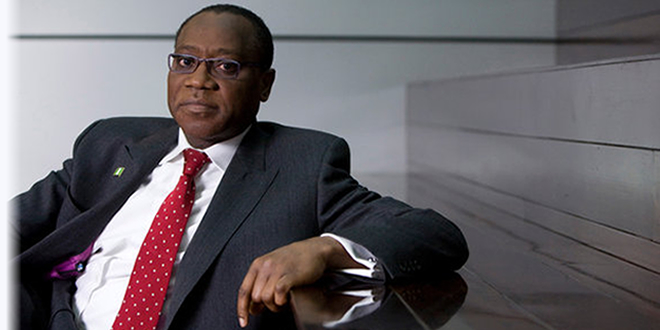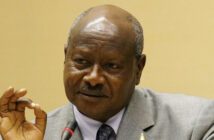Amid myriad of problems plaguing the country, most especially is the current drop in crude oil price, the Minister for Trade, Industry and Investment, Olusegun Aganga has disclosed that the Federal Government plans to help diversify the nation’s economy and enable the country stop oil importation by 2018.
He said the plan would save about $10 billion into the federation account. Speaking during a facility tour to Mikano International Limited in Ikeja, Lagos, the minister said Nigeria cannot continue totally to depend on importation of primary products that could be produced locally.
He said his ministry was ready to harness all resources and delve into sectors where the country has competitive advantage including the agro allied industry and petroleum sector. “There are many sectors we should have developed as a country but for decades we relied entirely on importing raw materials which is oil, that era has gone and that’s why the president launched the Industrial Revolution plan in 2012,” he said.
Aganga claimed that the plan was already working in the automotive sector, the sugar subdivision as well as the cotton and textile industry, adding that the steel and metal policy was underway to create a robust industrial sector for the country.
He further revealed that the Federal Government spends about $3 billion in the importation of steel, about $6 billion importing cars and spare parts and about $1 billion to import sugar. He advised Nigerians to allow the President Goodluck Jonathan-led administration to complete its good work. Assessing activities of Mikano International Limited, Aganga noted that the level of works at Mikano was key into the Industrial Revolution Plan to ensure that power is stabilized in the country. “Part of what Mikano produces today has a minimum of 40 per cent local content and it is in critical sector of power industry. I am encouraging them and they have been making plan to start the production of transformer which will seriously support the power sector,” he added.
The minister said he was impressed by the firm activities, which currently imports generators and other power spare parts to countries including Dubai, United Kingdom as well as other African countries, stressing that it was the first time the country recorded such development.
He further disclosed that its ministry has identified 13 products that can replace oil in areas where Nigerians would have competitive advantage and that once the implementation of the revolution plan is completed it would diverse the economy in a period less than four years. Speaking on transportation, Aganga noted that the current administration was committed to better rail transport, saying that it is the only means that fit into the industrial arrangement of any emerging nation. Aganga added that road transportation was not the answer to the future development of the country. “Rail is the most critical transport that we need to continue to rely upon and for the first time in 25 years Nigeria now has train moving from Lagos to Kano and that was done under this administration, he stressed.”
He said his ministry was attracting investment into the areas of transport, warehouses and logistics so as to create modern ways of moving goods around the country at a lower cost and reduce problem of multiple taxation in return. He also assured that the ministry would assist investors’ industrial skills, infrastructure and enabling business environment to link industries to innovations. “Today we now have fully accredited laboratories for the first time such that when you export your products out of this country and it has gone through that laboratory it can go to anywhere in the world.”




